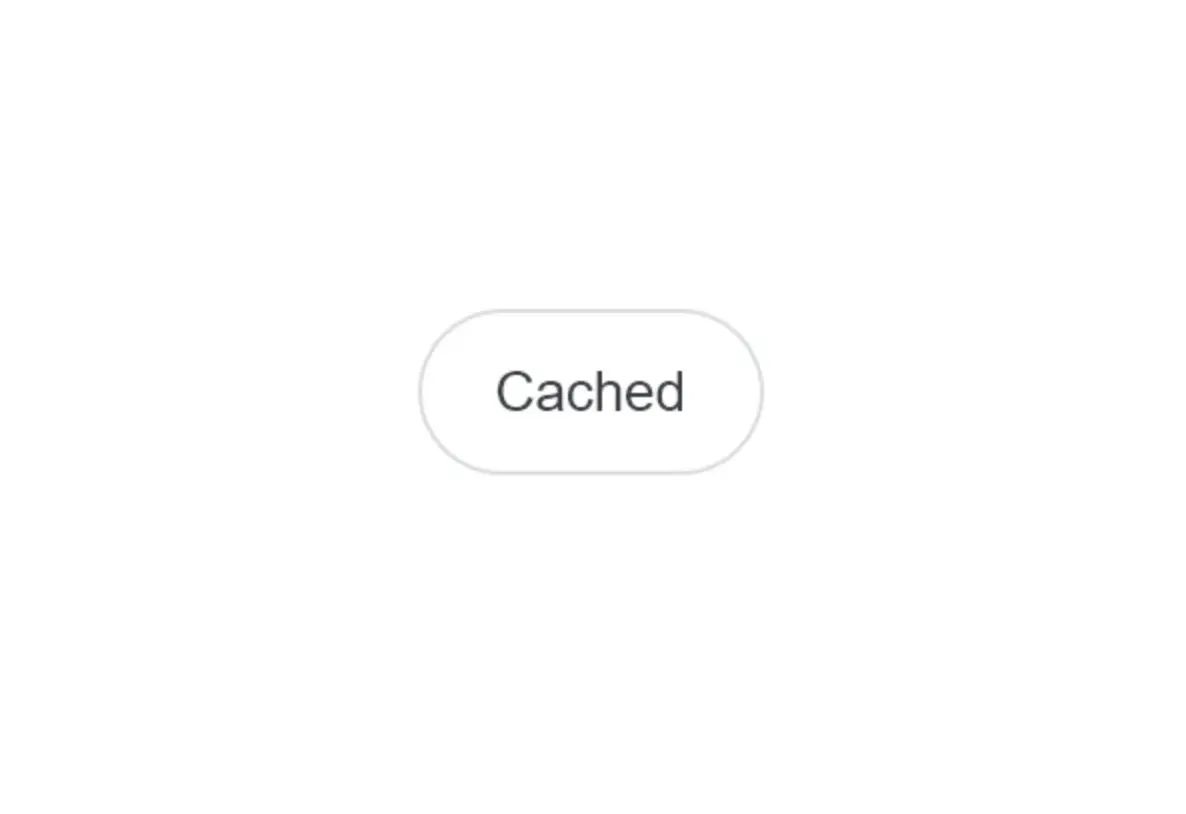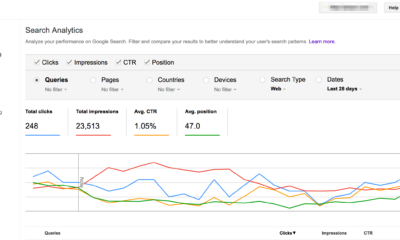News
Google puts an end to cached links in Search Results

Google has officially announced the retirement of the cache link feature from its search results which can also be called the end of an era for those people who used to build complete websites from those cached links. This feature, which has been a staple of Google Search for years, allowed users to access a stored version of a webpage, even if the original page was temporarily unavailable or had been removed from the web.
Google’s decision to remove the cache link comes as part of a broader effort to streamline search results and improve user experience. According to a statement released by the tech giant, advancements in web technology and changes in how content is delivered online have reduced the necessity for a cached page option. The company also cited privacy concerns and the evolving nature of web content as additional reasons for the feature’s discontinuation.
The cache link function served as a critical tool for researchers, educators, and the general public, offering a snapshot of web pages at a particular point in time. This was especially useful for accessing information that had been updated or deleted, providing a valuable resource for data retrieval and historical research.
The retirement of this feature has sparked a mix of reactions from the online community. While some users understand Google’s rationale, citing the decreased relevance of cached pages in a rapidly changing digital landscape, others express disappointment and concern over losing access to a tool that offered a layer of information redundancy and historical insight.
In lieu of the cache link, Google has emphasized its commitment to delivering accurate and up-to-date information through its search results. The company has also pointed to other tools and services, such as the Wayback Machine provided by the Internet Archive, as alternatives for users seeking to access archived versions of web pages. It is also worth noting that the phasing of cached links in Google Search could be because of the low usage as well as high server costs that the company used to rake up because of storing almost every website on the planet which could be in billions.
-

 Domains6 years ago
Domains6 years ago8 best domain flipping platforms
-

 Business6 years ago
Business6 years ago8 Best Digital Marketing Books to Read in 2020
-

 How To's6 years ago
How To's6 years agoHow to register for Amazon Affiliate program
-

 How To's6 years ago
How To's6 years agoHow to submit your website’s sitemap to Google Search Console
-

 Domains5 years ago
Domains5 years agoNew 18 end user domain name sales have taken place
-

 Business6 years ago
Business6 years agoBest Work From Home Business Ideas
-

 How To's6 years ago
How To's6 years ago3 Best Strategies to Increase Your Profits With Google Ads
-

 Domains5 years ago
Domains5 years agoCrypto companies continue their venture to buy domains








